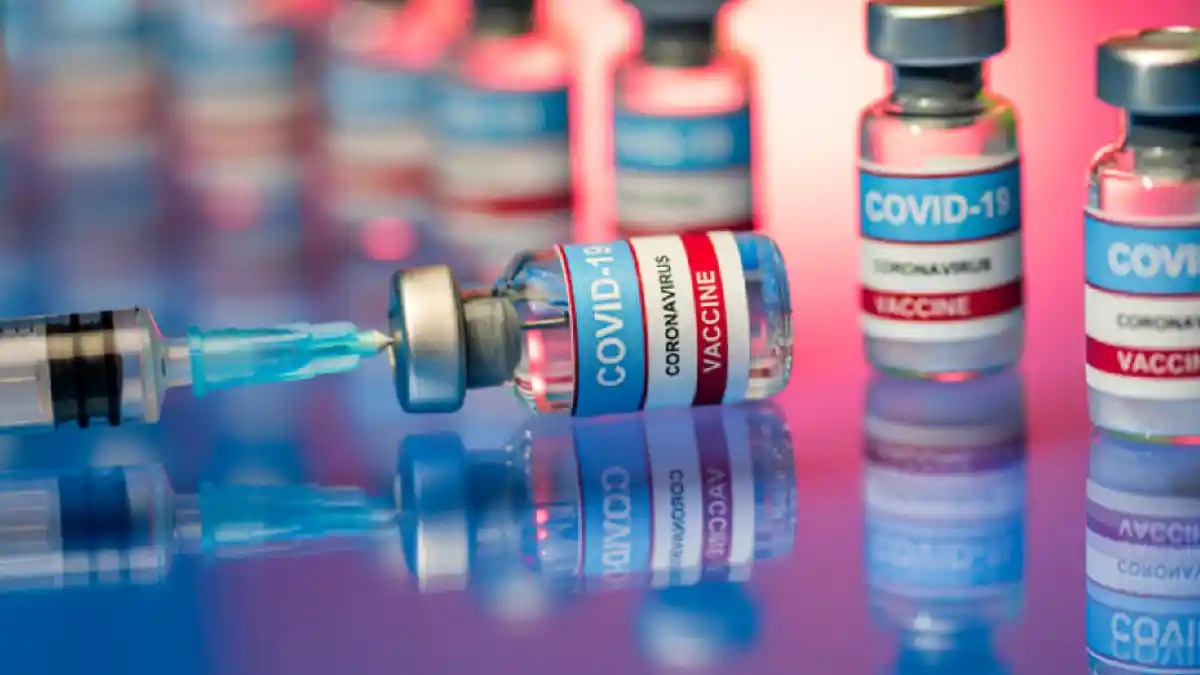The current count of active cases worldwide stands at over 20 million (data accurate as per the time of writing this article), of which, 99.8% conform as mild cases (source: Worldometers). Now that the cloud of uncertainty, misinformation, and chaos has lifted, this is a good time to take a deeper look at the impact that the Covid-19 vaccine has had, and is continuing to have on us. Sasidhar Duggineni, one of the top healthcare professionals in the USA, helps us in obtaining a firm perspective on the situation.
COVID vaccines are still relevant because they can reduce the risk of severe disease and death from Covid-19, especially for older adults and people with underlying health conditions. Sasidhar explained, “they can also help slow down the spread of the virus and its variants, which may pose new challenges for immunity.”
However, Duggineni also noted that COVID vaccines are not perfect, and they may not prevent all infections or reinfections. Some people may experience waning immunity over time and need booster shots to maintain their protection. A smaller percentage may also have rare adverse reactions to the vaccines or be allergic to some of their ingredients.
Read more: Tired of slow laptop? Make it faster in few minutes
Sasidhar shared that there are also ongoing efforts to develop newer and better COVID vaccines that can provide broader and longer-term protection against Covid-19 and its variants. “Some of these vaccines may use different delivery methods such as nasal sprays or oral drops that can stimulate mucosal immunity and prevent transmission more effectively COVID vaccines are especially important for older age groups, who are at the highest risk of severe disease and death from COVID-19”, he said.
The efficacy of Covid vaccines in older age groups varies depending on the type of vaccine and the study design. However, most Covid vaccines have shown high efficacy in preventing severe disease and death in older adults. For example, “the Pfizer-BioNTech mRNA vaccine has an efficacy of 94% in preventing symptomatic Covid-19 in adults 65 years and older”, as Duggineni informed.
The effectiveness of COVID vaccines can vary depending on the specific vaccine, variants of the virus, and individual factors. However, overall, the authorized vaccines have shown efficacy rates ranging from around 70% to over 95% in preventing symptomatic COVID-19 infections. It’s important to note that no vaccine provides 100% protection against any disease, and breakthrough infections can still occur among vaccinated individuals. However, even in such cases, vaccinated individuals are more likely to experience milder symptoms and have a lower risk of severe illness compared to those who are unvaccinated.
As per Sasidhar, COVID vaccines continue to be relevant in addressing the ongoing pandemic. “Vaccines have proven to be effective in preventing severe illness, hospitalization, and death caused by COVID-19. While vaccines may not offer absolute protection against infection, they significantly reduce the risk and severity of the disease”, he added.
Yielding insider expertise on the matter, Sasidhar highlighted that ongoing monitoring and research are being conducted to assess the long-term effectiveness of COVID vaccines and their ability to protect against emerging variants. In conclusion, vaccination remains a vital tool in mitigating the impact of the pandemic and protecting public health, and the covid-19 vaccine is still very much relevant even after two years since the pandemic’s deadliest wave struck the world.
Sasidhar is a Compliance Manager at one of the biggest pharmaceutical firms of the world, and an acclaimed researcher and professional involved in enabling clinical trials for life-saving medical treatments. He has made pioneering contributions to the field of data integrity in clinical trial and life science industries through introduction of novel data integrity frameworks, serving on reputed scientific research editorial boards, and working on delivery of critical vaccines and drugs into the market.













